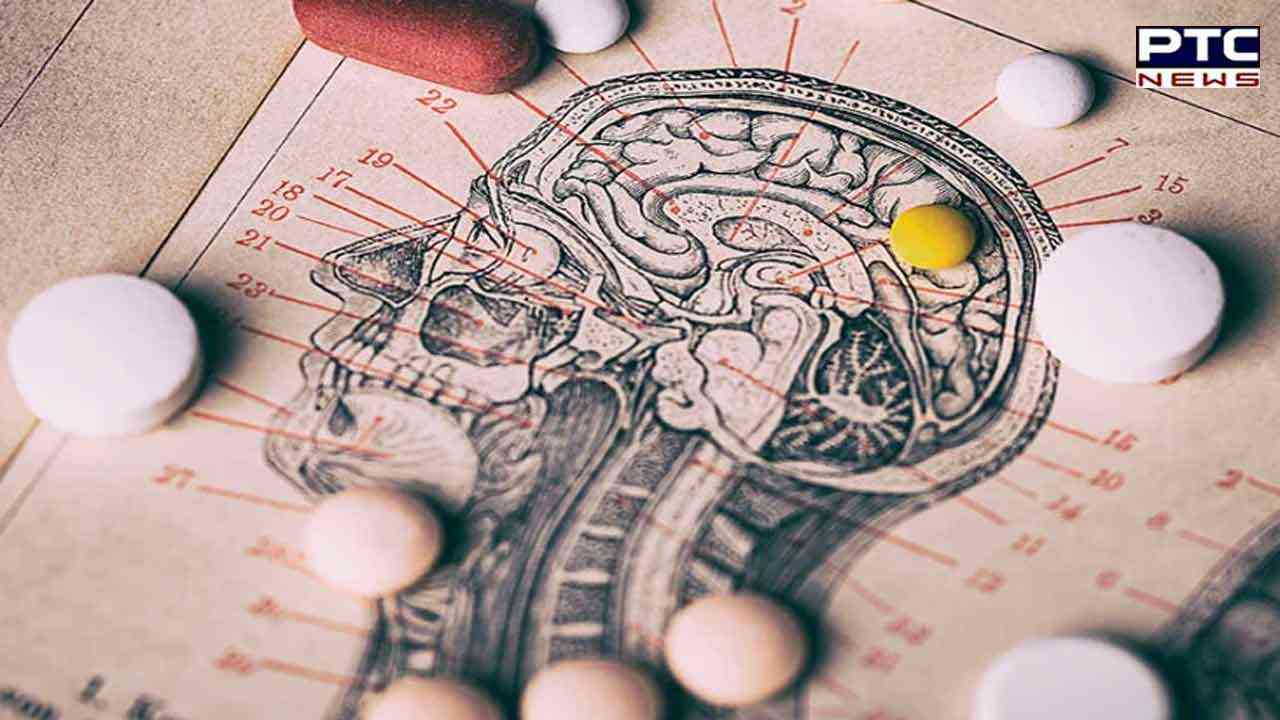

Study reveals close association between cluster headache and migraine with circadian system
Washington, April 16: A new study published in the online edition of Neurology, the official journal of the American Academy of Neurology, has revealed that cluster headache and migraine have strong associations with the body's internal clock, the circadian system.
The meta-analysis included studies on whether genes linked to the circadian clock are more prevalent in people with these headaches, as well as data on the timing of headaches throughout the day and year.
Also Read: Key to effective leadership in office is better work-life balance
The analysis found that cluster headache had a circadian pattern of headache attacks in 71 per cent of people, with peak attacks occurring in the late hours of the night to early hours of the morning. During the year, people had more attacks in the spring and fall.

On the genetic level, cluster headache was associated with two main circadian genes, and five out of nine genes that increased the likelihood of having cluster headache were genes with a circadian pattern of expression. People with cluster headache also had higher cortisol levels and lower melatonin levels than those without.
For migraine, the meta-analysis showed a circadian pattern of attacks in 50 per cent of people, with a broad peak from late morning until early evening, followed by a circadian low point during the night.
Migraine was also associated with two core circadian genes, and 110 out of 168 genes associated with migraine were genes with a circadian pattern of expression. People with migraine had lower levels of melatonin in their urine and during a migraine attack.
These results suggest the potential for using circadian-based treatments for headache disorders, including treatments based on the circadian rhythm, such as taking medications at certain times of the day, and treatments that cause circadian changes.
However, the study had some limitations, such as not having information on factors that could influence the circadian cycle, such as medications, other disorders, or circadian rhythm issues like night shift work.
Also Read: Structured school holidays can keep kids active during break: Study
- ANI
